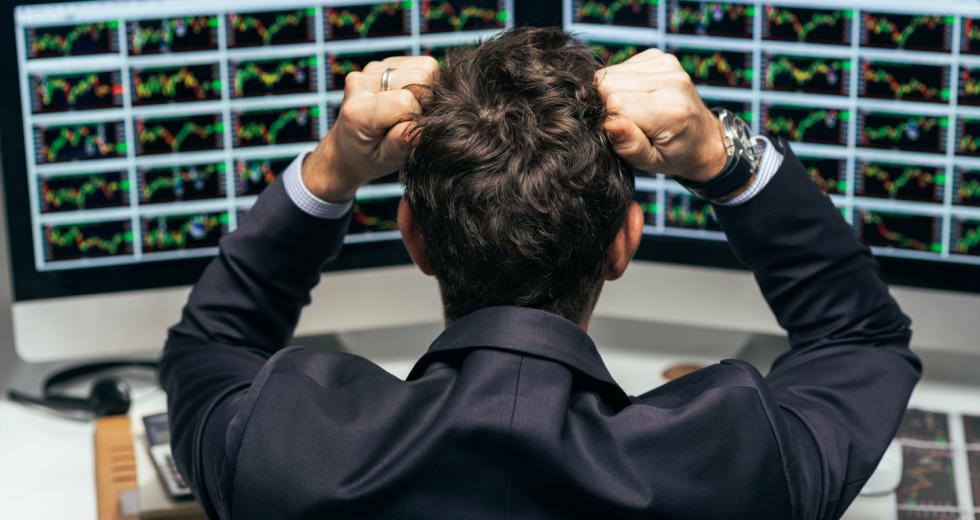Major stock indexes have given up much of their year-to-date gains after the past several days of selling. The year is days away from being half over, and the Standard & Poor’s 500 Index is up a few percentage points, while the Dow Jones Industrial Average is little changed for 2018.
If your investments are down for the year, take solace in the knowledge that they probably will recover. That’s what usually happens. The bigger question is: Will you?
Falling stock prices seem to precipitate a broad range of physical and psychological problems. Studies have found a strong correlation between market volatility and health. The number of hospital admissions increases; heart attacks rise. Anxiety, panic disorder and major depression increases significantly; suicides increase substantially. To take an extreme example, during the 1987 Black Monday crash when U.S. markets tumbled almost 23 percent in one day, California’s hospital admissions spiked more than 5 percent.
Perhaps every mutual fund, stock certificate and exchange-traded fund should come with the following notice: “Warning: Investing may be hazardous to your health.”
This is no joke. As my colleague Nick Maggiulli explains, “financial post-traumatic stress disorder” is a genuine threat to individuals. He says we “replay traumatic market moments in our head over and over again and they can come to define how we invest in the future.” There is a sort of “helplessness cycle” that I believe gives rise to dangerous and occasionally fatal emotional responses.
A helplessness cycle is caused by the illusion of control. It is how most people operate; that moment of realization that they lack control over many important events gives rise to fear and then panic.
Behavioral finance has provided a solution to this problem: Understanding what is and isn’t in your control can go a long way toward avoiding the sorts of emotional reactions that can put people in the hospital. Perhaps a few examples of events over which you have no control will help:
Market moves; Geopolitics; Corporate profits; Federal Reserve interest-rate decisions; Volatility; Nonfarm payrolls; Inflation; Whether the next “Star Wars” movie is any good; Gross domestic product; Brexit, Grexit, Italeave; Middle East peace; Home or retail sales; Who wins the NBA finals, the Super Bowl, World Series or the World Cup; Presidential tweets.
And so much more. But what about the things that are within our control? We spend so much time obsessing about items on the above list and not enough on the things we can influence:
Developing an investment philosophy; Asset allocation; Turnover of financial holdings; Fees, commissions, expenses and capital gains taxes; Media consumed, both quantity and quality; Understanding that markets go up and down; Your hopes, expectations, motivations, goals; Leverage; What else is in your portfolio; Having any sort of long-term plan and staying with it; Books that you read; How much risk you are willing to assume; Your own behavior; Your emotional reaction to events.
That last item is actually more within your control then you might imagine. First, recognizing the sorts of things that are not within your control, dispelling your own illusions, will prevent that helplessness cycle that can lead to PTSD or worse.
Second, you can engage in the sorts of exercises U.S. special forces do before missions. They go through a mental dress rehearsal, anticipating what could go right and, most importantly, what might go wrong. When a negative event occurs, they are not surprised by it and react with cool detachment.
There are lots of things you can do to protect your health from the vagaries of market turmoil. Aside from the usual medical advice — you don’t need me to tell you what that entails — there are steps you can take to prevent markets from making you ill.
We would all do well to learn from Greek Stoic philosopher Epictetus: “The chief task in life is simply this: to identify and separate matters so that I can say clearly to myself which are externals not under my control, and which have to do with the choices I actually control. Where then do I look for good and evil? Not to uncontrollable externals, but within myself to the choices that are my own.”
Learning what you cannot control, and focusing on what you can control, is a good start.



